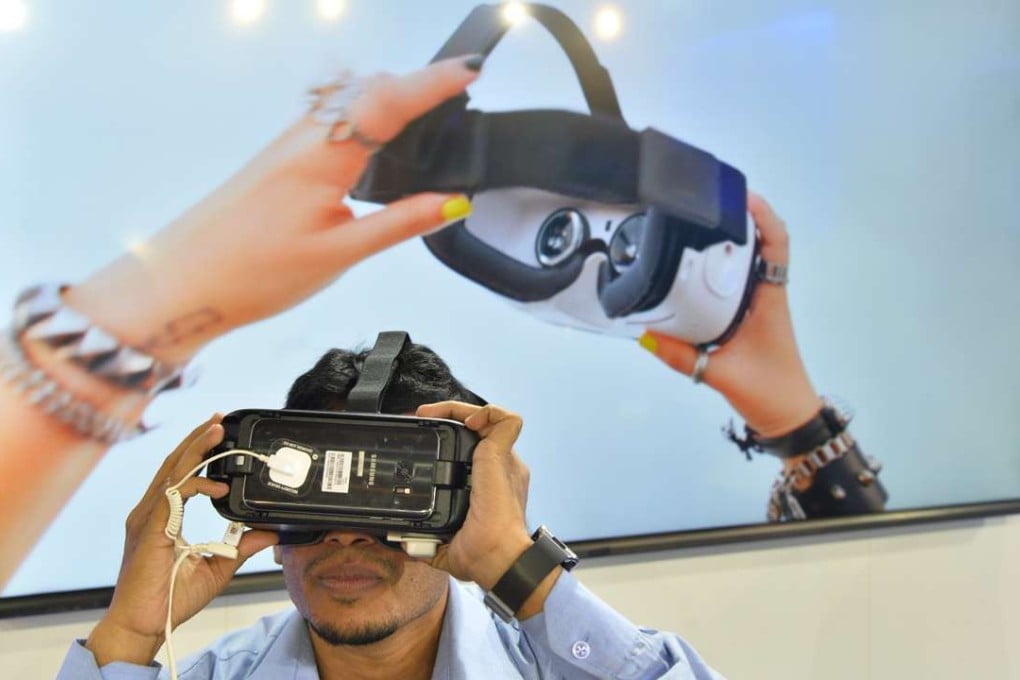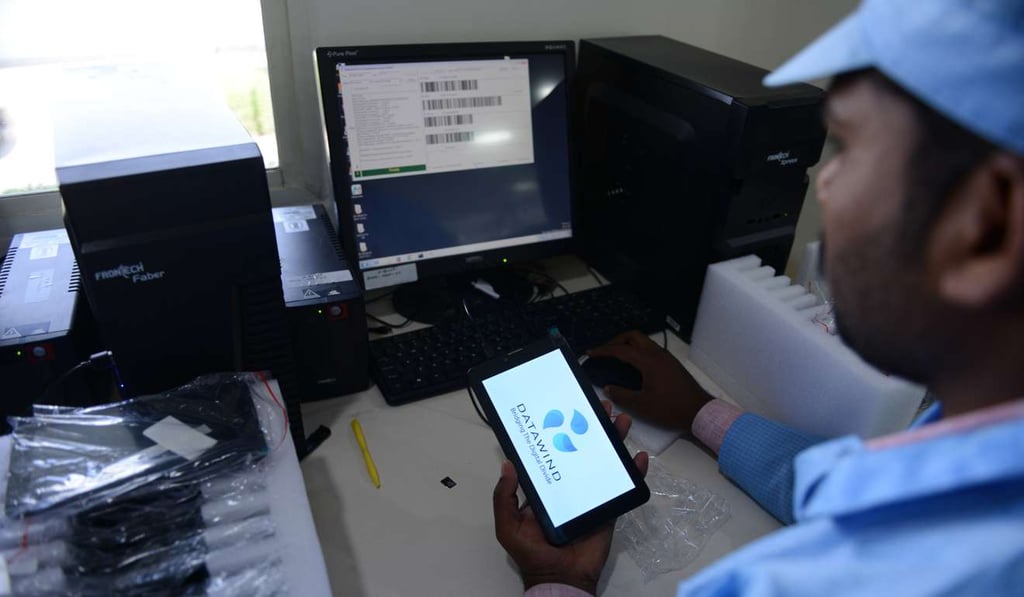Can India’s IT sector thrive in world of Uber and Trump?
The Indian information technology sector must adapt to a new era of apps, automation and a hostile visa policy courtesy of the new American president

A little optimism may be called for in India’s information technology sector – a traditional powerhouse that suddenly finds itself facing challenges on multiple fronts. Not only are the country’s fabled IT engineers – long seen as masters in the corporate software world – having to adapt to a new era in which creativity is king and app-driven, consumer-facing businesses such as Uber rule the roost, but hundreds of thousands of workers also face losing jobs to creeping automation.
And just when the industry thought it had enough problems to contend with, along came Donald Trump.
Has mining giant Freeport had enough with Indonesia?
The new US president has threatened to cut the number of non-immigrant H-1B visas issued to temporary foreign workers in a move that will hit India particularly hard – last year 72 per cent of all the H-1B visas issued by the US went to Indian companies.
Every year, these companies use such visas to send thousands of engineers to work with clients on site in the US, using their feedback to drive the software development processes in their headquarters back in India. More than 60 per cent of the US employees of Indian software company Infosys, for example, are H-1B visa holders.

The US accounts for around 62 per cent of India’s annual US$108 billion of IT and business process outsourcing (BPO) exports, making the country understandably jumpy about Trump’s repeated potshots at offshoring and immigration.